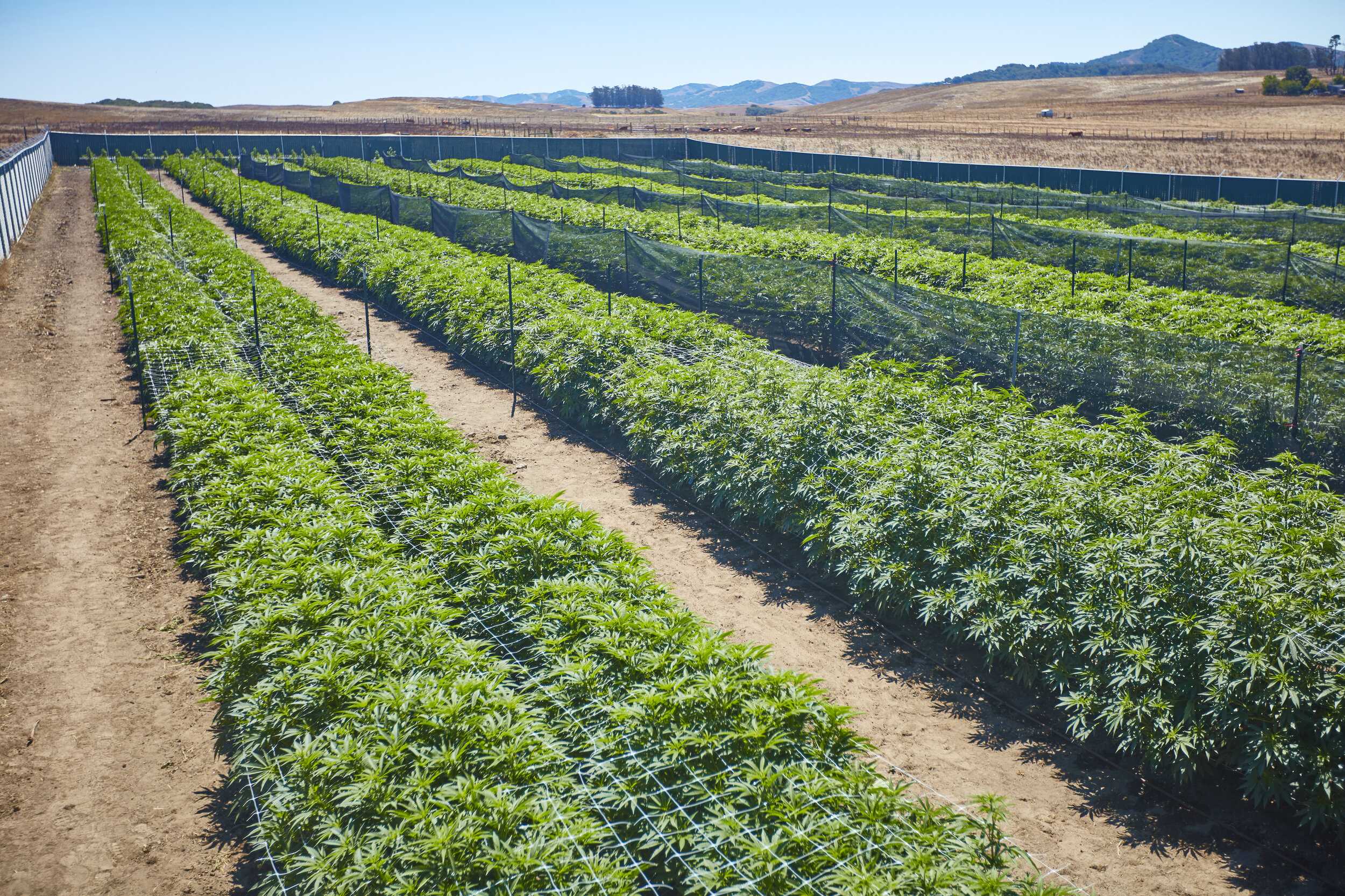This month, staff members and District Planning Commissioners of Sonoma County met to discuss a new proposal that would change the nature of cannabis business in Sonoma County. A proposal was made to change parts of chapter 26 in the County Code and add a new chapter, 38, to expand the permit opportunities for Cannabis farmers. A General Amendment Plan was also proposed to change the Agricultural Resources Element to officially recognize marijuana as an agricultural crop.
Throughout March, virtual town hall meetings took place in which the public was asked to share their thoughts with the planning commissioners. On March 18, many attended a virtual meeting to speak up for their side on the proposal.
Odor is one of strongest complaints from those opposing the proposed ordinance. Kate Moore, a woman who lives in Fulton, attended the meeting and spoke about the smell from cannabis farms. Moore claims to live more than 2000 feet downwind from a marijuana grow site and complained of “constant odor during every growing season” and went on to add that “research shows odor is detectable up to 3000 feet from a source.”
John Loe, a local cannabis farmer, said, “Legacy heritage farmers hope to have a clearer path to move forward so we can build our businesses and feed our families and use our land… some commenters [who own properties that smell of horse manure] said they oppose the ordinance because of the smell, they make up a story about smelling cannabis. I think they should be held to the same standards as everybody else.”
Environmental impact was one topic that was brought up multiple times by a variety of people.
“I am not anti-cannabis, I am pro-fish and pro-watershed health.” said Harriet Buckwalter, a co-chair of Friends of the Mark West Watershed, who opposed the ordinance for environmental reasons. Buckwalter claims that the health of the endangered Coho fish would be at risk if cannabis farms were to be built and run near Mark West Creek, as well as the overall health of the entire watershed.
Another deliberation throughout the meeting was how far cannabis farms must be from personal residences and schools. Joseph Perry, a member of Save Our Sonoma Neighborhoods and a Penngrove resident, opposed the 100 to 300 foot setbacks in the proposal and asked for a minimum of a 1000 foot setback.
Moira Jacobs, another attendee at the meeting, asked for a county wide Environmental Impact Report for the ordinance as well, and echoed Perry’s concept of 1000 ft setbacks.
“This is a plant to manufacture a drug. You are in the drug business…Drug production is what you are dealing with, not traditional agricultural product,” Jacobs stated.
Joanna Cedar, from the Sonoma County Growers Alliance, responded to Jacobs, “Grapes are used to make wine, a drug, one that can have severe negative externalities.”
Herman G. Hernandez, an activist from Roseland, said, “[It is] unacceptable how our community continues to treat the cannabis industry as a second class business or criminal enterprise. It is unacceptable how the current ordinances create more barriers for local growers and opportunities for the cannabis industry must be treated just like any other agricultural business in Sonoma County.”
Many also argued that the cannabis industry is comparable to that of wine. Aaron Keefer, the vice president of Operations and Cultivation at Sonoma Hills Farm, believes that moving cannabis in the same direction as wine will attract “connoisseurs” and drastically improve the marijuana industry in Sonoma County.
“Cannabis is a plant with a nuanced flavor and terpene profile that is every bit as deserving of a sense of place as the most celebrated wines,” Said Keefer in a by-line about why appellation designations are essential to the future of craft cannabis farming, “Currently, consumers have no insight into where their Maui Wowie and Mendocino Purps are grown. It probably didn’t come from Mendocino, wasn’t grown in Hawaii, and was most likely planted in a freeway adjacent to a warehouse somewhere outside Los Angeles.”
The implementation of the General Amendment Plan would have changed this, however, after much deliberation, the District Planning Commissioners and staff members came to a straw vote, an unofficial vote to see where popular opinion stands, recommending the approval of Chapter 38, with changes, having a broad Environmental Impact Report done, and to not include the General Plan Amendment that would have classified cannabis as an agricultural crop and given those in the industry a leg up in business. Tax write offs and insurance benefits are two of many advantages marijuana farmers are currently missing out on. On April 15, the District Commissioners will meet again to go over their revisions, redo the straw vote and then send their conclusions to the board of Sonoma County Supervisors.



































